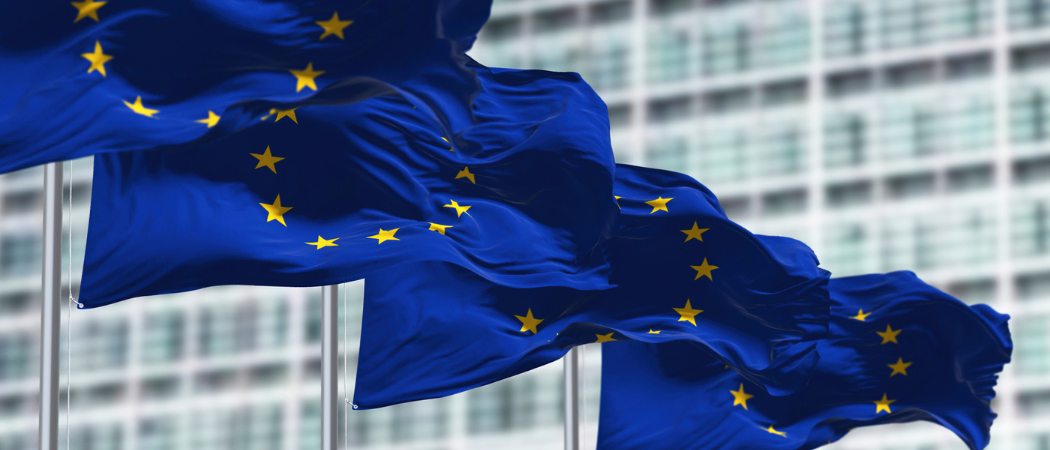New leadership introduces changes in the Commission’s research directorate, as it gears up to start work on the proposal for the next seven-year EU framework research programme

The European Commission’s directorate for research and innovation has set up a new unit to develop EU policy on artificial intelligence in science and industry.
The unit ‘E4: Industry 5.0 and AI in science’ is one of the big changes in a reshuffle at DG RTD that was expected since chief Marc Lemaitre and the new commissioner Iliana Ivanova took over research and innovation policy leadership at the Commission.
The revamped RTD will lead the process of outlining the next seven-year EU research programme, FP10, which is beginning in earnest. In the coming weeks, the Commission will announce who will make up its independent advisory group on FP10, the so-called new Lamy group. The European Parliament has already started lobbying to double the EU research budget to €200 billion.
When it comes to policy, the directorate will have to ensure future EU programming maintains a balance between basic science and innovation, and to reshape Widening measures that support countries with less-developed research systems.
In this mix, the reshuffle makes one thing is clear: the Commission expects AI to play a bigger role in science in the future.
The formation of the new unit is the Commission’s answer to the revolution generative AI promises to bring to science. Generative AI models are being fed enormous amounts of data, based on which they can write scientific papers, computer code, and – key to RTD – research proposals. In the future, the technology could fuel scientific discoveries by accelerating the rate at which researchers can discover new molecules or materials and generate new hypotheses.
In June OECD published a report on applying AI to accelerate productivity in research, which suggests policymakers “can do much to accelerate and deepen the uptake of AI in science, magnifying its positive contributions to research.” This is the process the new RTD unit is set to guide.
The unit, which previously focused solely on Industry 5.0, will for now be headed by Peter Dröll, but it’s an acting position, indicating a new face will fill the spot permanently in the future.
The unit’s first order of business will be to come up with guidelines on the use of generative AI in science with the help of members of the Commission’s Scientific Advice Mechanism. These guidelines are reportedly expected in the coming weeks.
In September, the Commission’s Liviu Știrbăț told Science|Business that at the top o the agenda will be to look at how the take up of AI-based tools influences Horizon Europe proposal writing and evaluation. Later on, he hopes, the focus will shift towards “using AI in research itself, to do virtual experiments, to drug discovery, to sifting through data, and all of those uses.”
Overall, the unit will deal with new policy on how to apply AI to accelerate productivity in science without compromising integrity, as well as implement an action plan for Industry 5.0, an employment model where people will word alongside robots and smart machines to boost productivity.
What else is changing?
The rest of the reshuffle will shift priorities between different units in DG RTD’s directorates B, C and D that deal with green, health and societal transition policies.
In directorate B, Healthy Planet, the unit for circular economy and biobased systems, headed by Pavel Misiga, will now be called green transitions.
Directorate C, Clean Planet, will see the biggest changes among the three. It will no longer have a unit for ecological and social transitions. Its chief Bernd Biervert will now head the new clean energy transitions unit.
The previous head of the unit for clean energy transition, Helene Chraye, will become DG RTD’s adviser for the Bill Gates-led Mission Innovation effort on clean energy materials.
Philippe Froissard, head of former unit for future urban and mobility systems, will now lead a unit for strategy, policy, coordination and urban transitions.
The low emission future industries unit led by Jane Amilhat will now be the clean transport transitions unit.
In directorate C, responsible for health and society, there’s a new unit for health and societal transitions, headed by Henriette Van Eijl. She was previously in charge of the economic and social transitions. The new unit replaces the fair societies and cultural heritage unit. Topics related to culture will be handled in by the newly renamed democracy, equality and culture unit headed by Katja Reppel.





 A unique international forum for public research organisations and companies to connect their external engagement with strategic interests around their R&D system.
A unique international forum for public research organisations and companies to connect their external engagement with strategic interests around their R&D system.